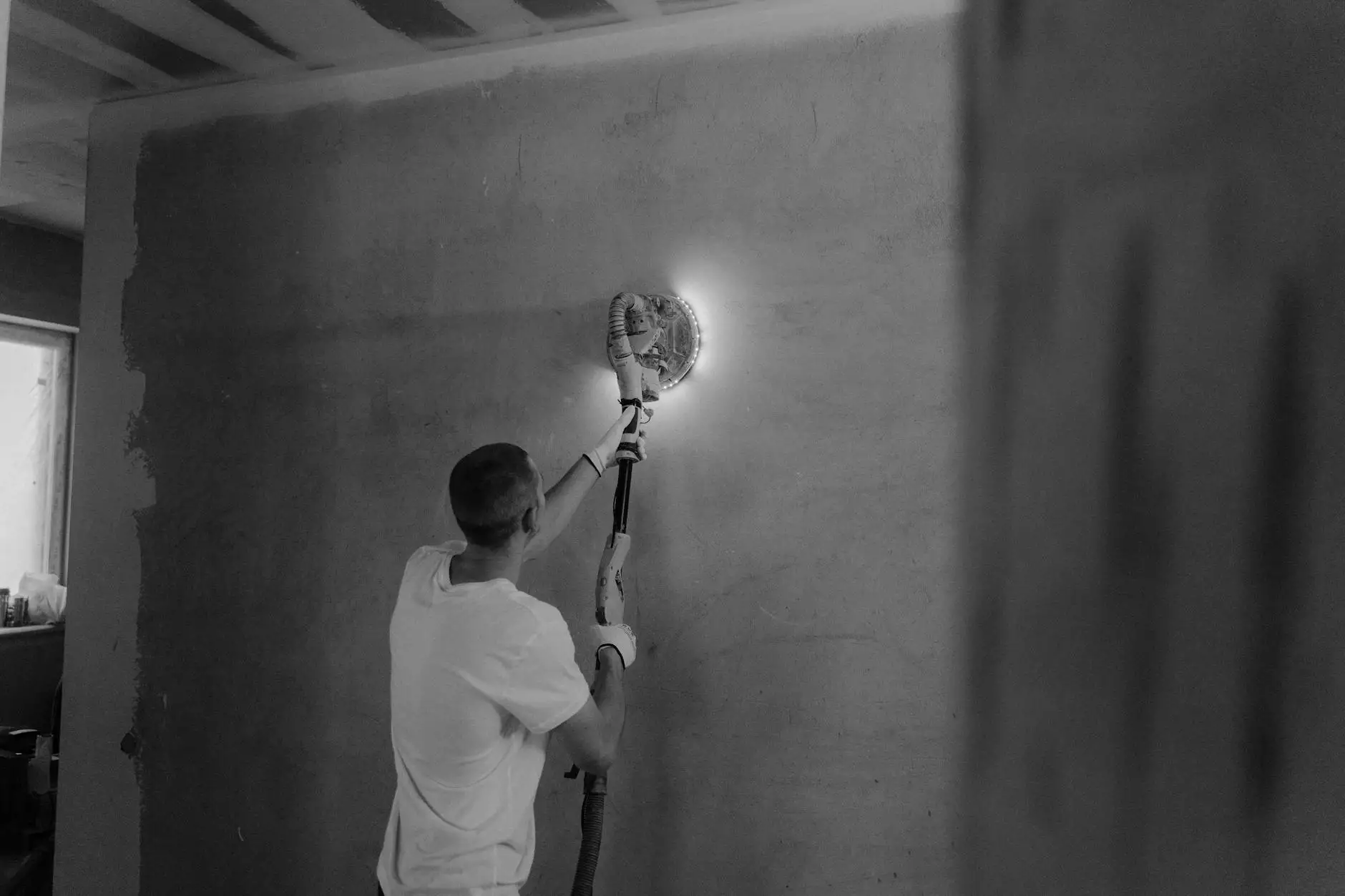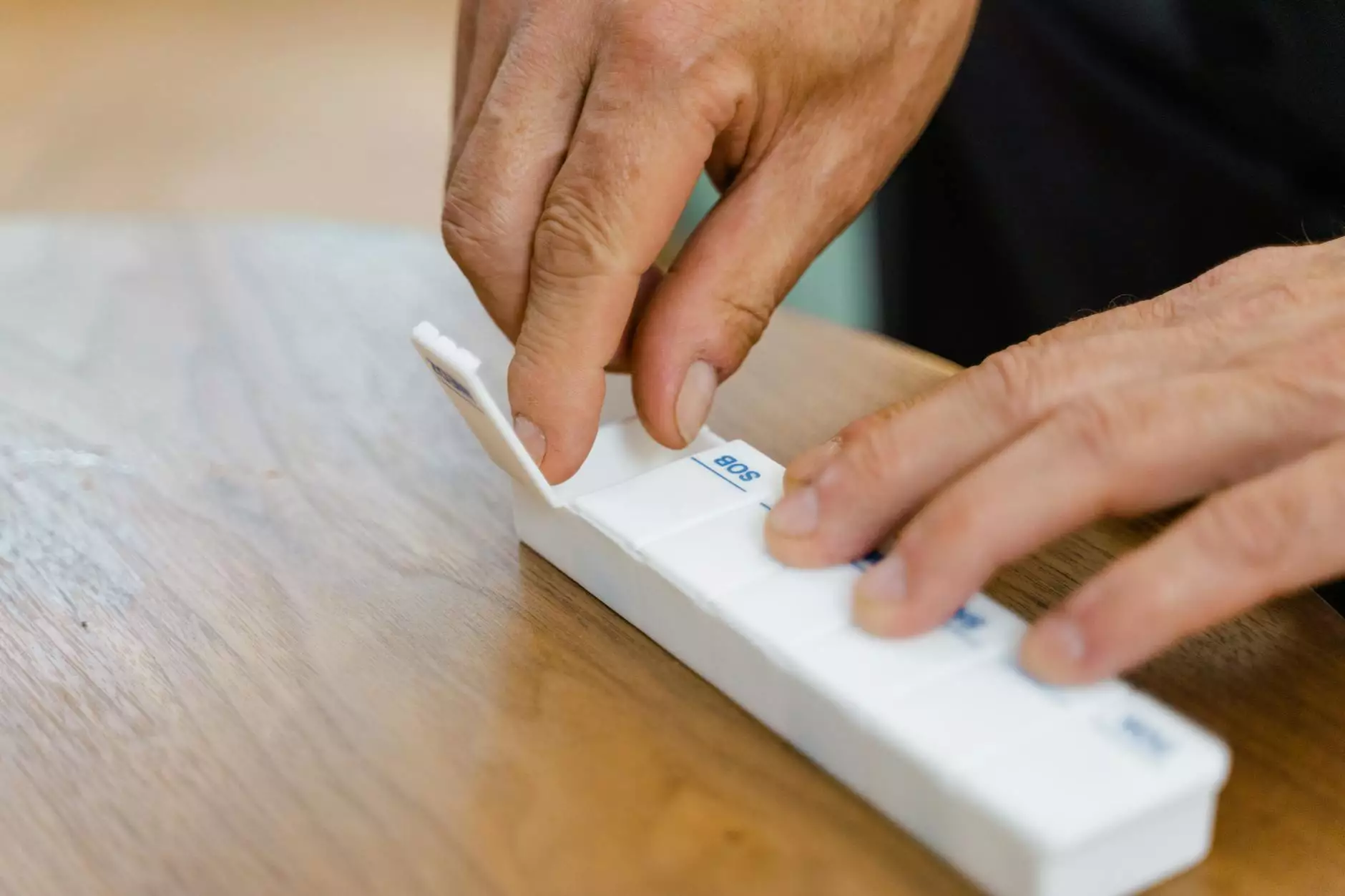Understanding Dehumidifiers: A Comprehensive Guide

Dehumidifiers have become an essential appliance in many homes, ensuring a comfortable and healthy living environment. In this article, we delve into the world of dehumidifiers, exploring their functionality, benefits, and the different types available. Whether you’re looking to combat dampness, mold growth, or simply maintain an optimal humidity level, this guide will equip you with the knowledge needed to make an informed decision.
What Are Dehumidifiers?
At its core, a dehumidifier is a device designed to reduce the amount of moisture in the air. By extracting water vapor from the air, dehumidifiers help maintain an optimal humidity level, which can significantly improve indoor air quality and comfort.
How Do Dehumidifiers Work?
The operation of a dehumidifier involves several key components:
- Compressor: Similar to a refrigerator, the compressor circulates refrigerant through the coils.
- Evaporator Coils: As air passes over these coils, moisture condenses, turning into water droplets.
- Collection Reservoir: The condensed water is collected in a tank, which must be emptied regularly unless the unit has a drainage option.
- Fan: The fan draws in humid air and circulates it through the coils.
Benefits of Using Dehumidifiers
Investing in a high-quality dehumidifier offers numerous advantages:
1. Improved Air Quality
By maintaining an ideal humidity level (around 30-50%), dehumidifiers can help reduce allergens such as mold spores, dust mites, and mildew that thrive in damp conditions.
2. Mold and Mildew Prevention
Mold and mildew can grow rapidly in areas with high humidity. By using a dehumidifier, you can inhibit their growth, protecting your home and health.
3. Enhanced Comfort
Excess humidity can make your home feel warmer than it is, leading to discomfort. A dehumidifier helps create a more comfortable living space, especially in humid climates.
4. Preservation of Home and Belongings
High humidity levels can damage furniture, paintings, and electronics over time. A dehumidifier safeguards these valuable possessions by maintaining appropriate moisture levels.
5. Energy Efficiency
By reducing humidity, dehumidifiers can aid in lowering air conditioning costs, as your AC unit won’t have to work as hard to cool the air.
Types of Dehumidifiers
There are various types of dehumidifiers, each suited for different needs and spaces:
1. Refrigerant Dehumidifiers
Commonly used in homes, these units cool the air to remove moisture. They work best in moderate to warm environments.
2. Desiccant Dehumidifiers
These use moisture-absorbing materials to remove humidity. They are quiet and work well in colder temperatures but may be less energy-efficient.
3. Whole-House Dehumidifiers
Installed as part of the HVAC system, whole-house dehumidifiers regulate humidity throughout the entire home, ensuring a consistent environment.
4. Portable Dehumidifiers
Ideal for smaller spaces or specific areas needing moisture control, portable dehumidifiers offer flexibility and convenience.
Choosing the Right Dehumidifier
When selecting a dehumidifier, consider the following factors:
- Room Size: Measure the area to determine the appropriate capacity and size of the dehumidifier.
- Humidity Level: Assess the current humidity level in your space. Higher humidity may require a more powerful unit.
- Drainage Options: Determine if you want a manual tank or a continuous drainage option, which can be more convenient.
- Energy Efficiency: Look for ENERGY STAR-rated models to save on electricity costs.
Maintaining Your Dehumidifier
To ensure optimal performance and longevity of your dehumidifier, regular maintenance is key. Here are some tips:
- Empty the water tank regularly if not using a continuous drain.
- Clean the air filter as recommended by the manufacturer.
- Check and clean the evaporator coil periodically.
- Inspect drainage hoses for clogs or leaks.
Common Misconceptions About Dehumidifiers
While dehumidifiers are highly beneficial, a few misconceptions persist:
Misconception 1: Dehumidifiers are Only for Wet Areas
While they significantly help in basements and laundry rooms, dehumidifiers can also be advantageous in any area prone to humidity, including living rooms and bedrooms.
Misconception 2: They Will Dry Out the Air Completely
Dehumidifiers are designed to maintain healthy humidity levels, not to eliminate moisture entirely. Safe humidity levels contribute to comfort and health.
Misconception 3: They Use Excessive Energy
Modern dehumidifiers are designed to be energy efficient, especially when compared to the energy costs associated with maintaining a comfortable indoor climate without them.
Where to Buy Dehumidifiers
If you're convinced of the benefits of dehumidifiers and wish to purchase one, consider checking out Climatronics for a wide range of options tailored to your needs. They offer various models suitable for different environments and budgets.
Conclusion: Transforming Your Home with Dehumidifiers
In summary, dehumidifiers play a crucial role in enhancing the quality of your home environment. Their ability to mitigate humidity-related issues leads to better air quality, improved health, and overall comfort. Investing in a dehumidifier can transform your living space, protecting your belongings and creating a more enjoyable atmosphere.
Don't let high humidity dampen your home life. Explore your options and choose the right dehumidifier today!









